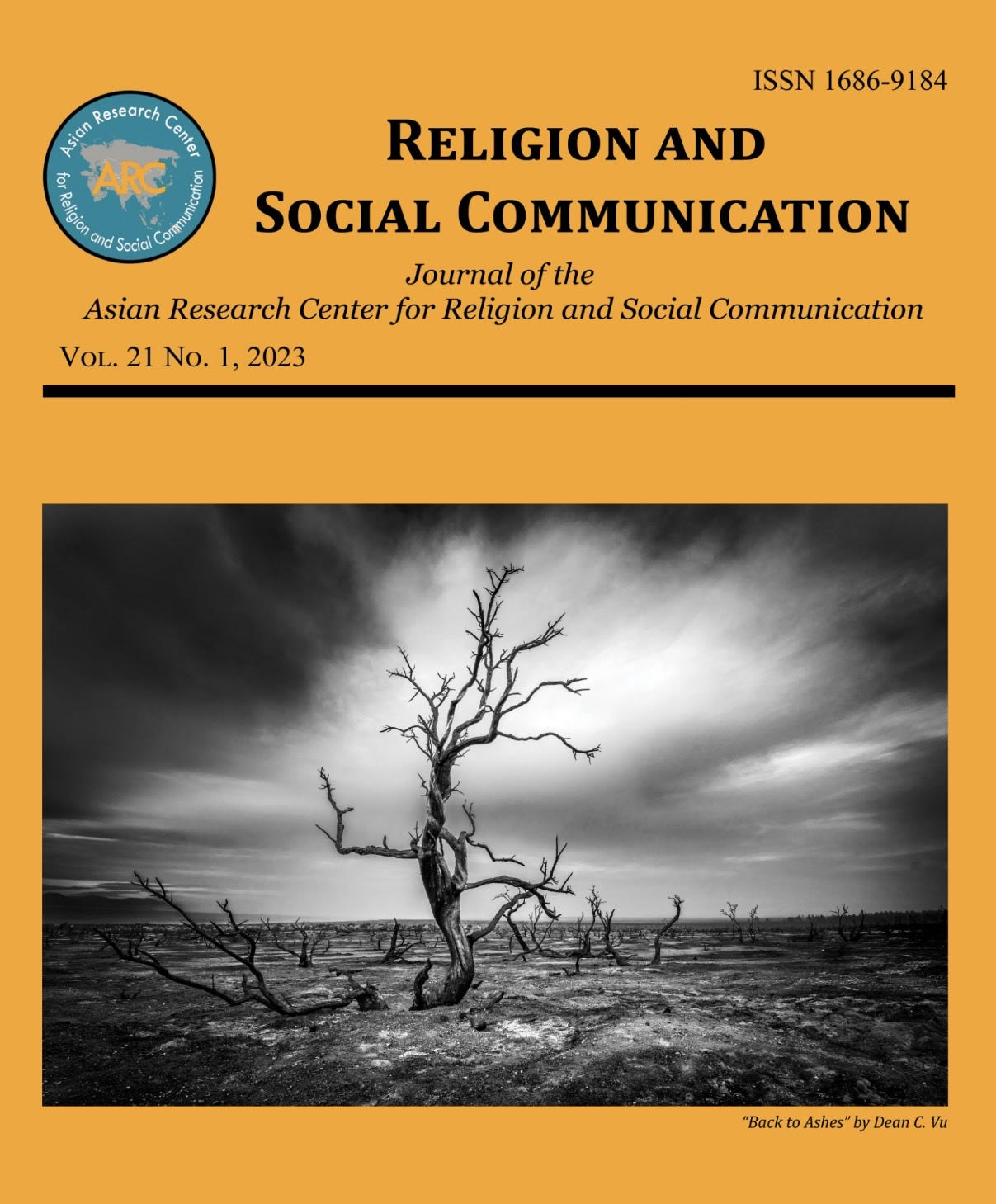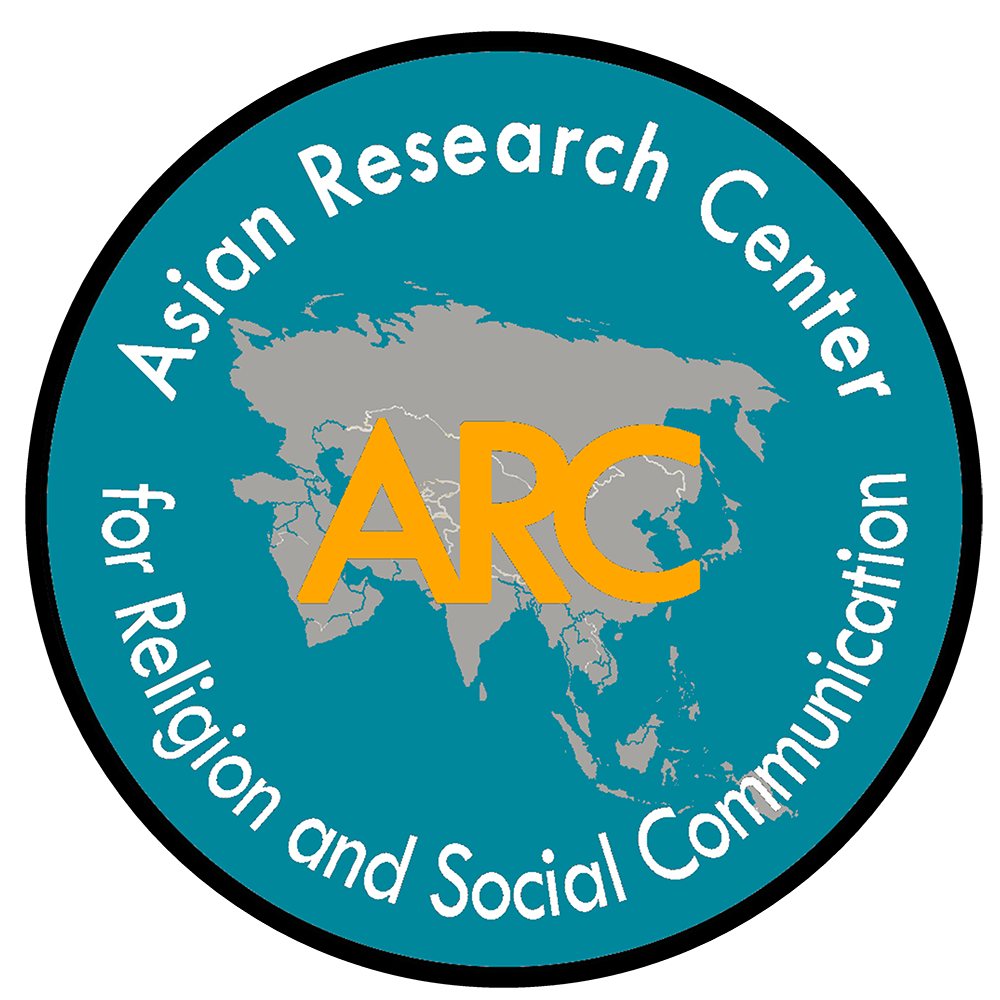Vaccine Hesitancy as Lived Experience among Members of a Christian Community in the Philippines
Download
Religion and Social Communication 21, no. 1 (2023)
Author
Renalyn G. Padogino and Benjamina Paula G. Flor
Abstract
Vaccine hesitancy in a Christian community like the Jesus Christ the Eternal Savior International Ministries (JESIM) remained relevant in today’s efforts to rise above the COVID-19 pandemic. The study uncovered how vaccine hesitant JESIM members construe COVID-19 vaccination in Sinayawan Valencia City, Bukidnon, Philippines. It also explored how their meanings define their hesitancy towards vaccination. This study employed purposeful sampling and conducted in-depth interviews using the conversational, storytelling approach. The saturation point was attained after interviewing 11 participants. Interviews were transcribed verbatim and analyzed through initial, axial, and selective coding. Two major themes emerged in the analysis: vaccination is a threat to health and the pandemic is God’s call for repentance. These COVID-19 meanings led people to seek God’s will on the circumstance through prayer, a dialogic form of communication between God and the JESIM members. Their communication resulted in three response actions such as strengthened their faith, trust in God’s will, and practice proper stewardship that informed their decision to refuse COVID-19 vaccination. The lived experience purports that God has responded to them with signs and wonders, including miraculous healing and divine interventions. As all of them had already contracted and survived the COVID-19 virus, they perceived that God allowed them to experience it to demonstrate that He is the greatest of all and that He is capable of healing them in hopeless situations.
Keywords
JESIM, COVID-19 pandemic, prayer warriors, belief in God
PAGES 119-142
Submitted: February 15, 2023; Accepted: February 27, 2023; Published: May 30, 2023





